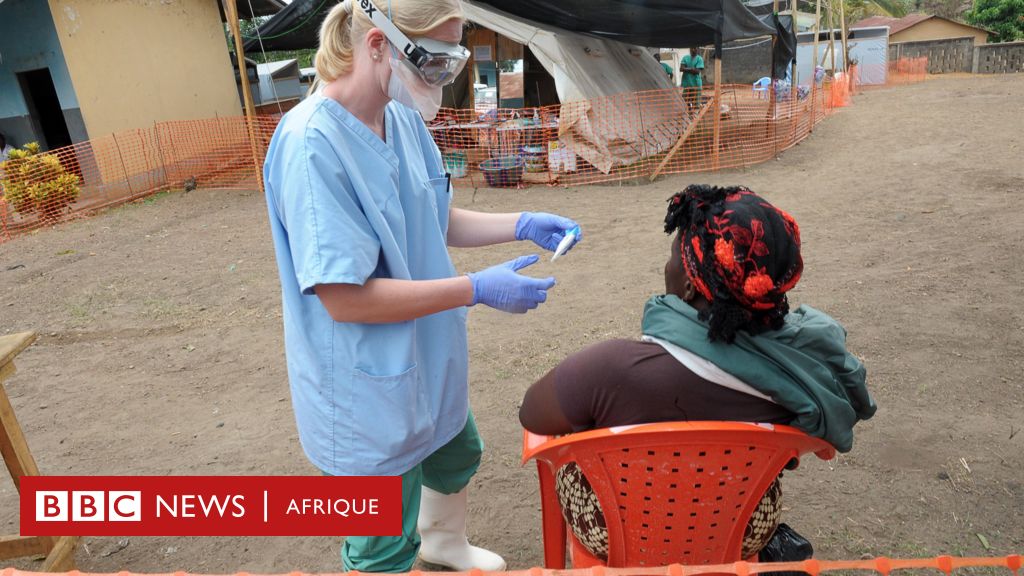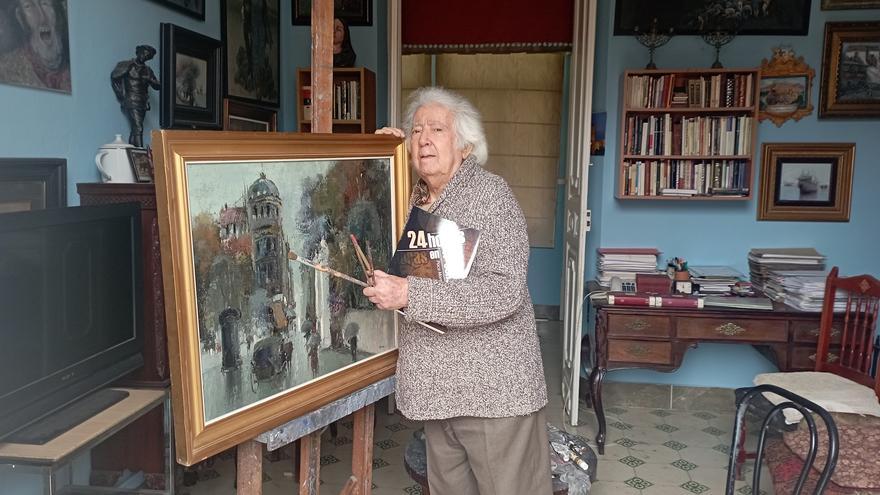- Author, Jean Charles Biyo’o Ella
- Role, BBC Africa
- Reporting from Yaounde
-
Photo credit, SEYLLOU/AFP via Getty Images
The outbreak of viral hemorrhagic fever in Guinea in particular was caused by several viruses with similar symptoms — the deadliest and most feared of which is Ebola.
Authorities in Equatorial Guinea said on Monday the country had reported its first outbreak of Marburg virus, a highly infectious disease from the same virus family that causes Ebola.
Nine people are believed to have died of viral haemorrhagic fever in the western province of Kie Ntem.
Further tests carried out on a sample taken and sent to the Institut Pasteur in Dakar, Senegal, came back positive.
The World Health Organization says 16 people are now in quarantine as suspected contact cases. The health body has deployed a team of experts to the region to support health workers.
Last week, the country’s health minister, Mitoha Ondo’o Ayekaba, said preliminary investigations linked the deaths to people who attended a funeral ceremony.
Movement has been restricted around two villages where most cases have been reported. Contact tracing is currently underway.
This is the first epidemic recorded in the country and the third in Africa south of the Sahara. Ghana confirmed a case last year and Guinea also the year before.
Cameroon tightens entry conditions at border with Equatorial Guinea
After the death, a few weeks ago, of several people in certain villages of the Province of Kie-Ntem in Equatorial Guinea, the Cameroonian authorities announced the tightening of the conditions of entry into the territory for populations on the border with Guinea- Equatorial.
Photo credit, Getty Images
The Marburg virus has no vaccine or treatment.
The emergence of viral hemorrhagic fevers is a global concern.
The Cameroonian authorities, who are already working in collaboration with their Equatorial Guinean counterparts and the WHO, have preventively restricted the movement of populations at the border.
The objective is to limit any risk of importing the disease, because every day thousands of people cross the border to go from one side to the other.
In a press release published on Friday, the Cameroonian Minister of Public Health announced ongoing investigations to actively search for those Cameroonians who had been in contact with these people who died “suspiciously” in Equatorial Guinea.
Epidemiological surveillance
The minister invited the population to respect “standard hygiene precautions” such as “washing hands with clean water, avoiding contact with wild animals that are sick or found dead, washing food and consuming it well cooked. “.
An epidemiological surveillance and response system was set up in 2016 to prevent the importation of the Ebola virus and then reinforced in 2020 with the Covid-19 pandemic.
The Minister of Public Health has called on medical personnel to immediately notify and isolate any suspected case or death in the border health districts of Equatorial Guinea.
He also asked people to report anyone with bleeding from any natural orifice or anyone showing fatigue, headaches or severe fever, symptoms that could be considered as warning signs of this dreaded epidemic.
Wanting to be reassuring, the Minister nevertheless recalled:
“There is no reason to be alarmed given that our surveillance and possible response system is well in place and reinforced”.
Marburg virus: what is it?
The virus is transmitted to humans by fruit bats and is spread between humans through the transmission of bodily fluids.
Although there are no vaccines or treatments, those diagnosed are advised to drink plenty of water while doctors treat a patient’s specific symptoms.


